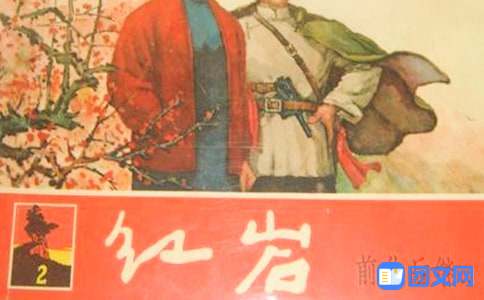红岩纪念馆观后感
红岩纪念馆观后感 1

生在重庆这座有着丰富革命历史文化内涵的山城,我们从小就对“红岩”二字印象深刻。
小学时,大家人手一本《红岩》,里面的故事深深地感染了我们,江竹筠、小萝卜头、许云峰……一个个名字深深地烙在我们的脑海里,并激励着我们不断进取。
红岩,一直是重庆最为响亮的“名片”,这两年更是吸引了一大批全国各地的群众前来瞻仰、学习。
几经沧桑,小院依旧。寒假中,我们循着先辈的足迹再次来到这里,感知那永远存留在这些楼里每寸空间的红岩精神。尽管是临近春节的严冬,慕名而来的访客依旧络绎不绝。
一位年过八旬的老者,在小孙子的搀扶下,颤抖着抚摸墙上的照片,依稀可见他干皱的`眼眶中噙着泪水,让年轻的我们深受感动。
参观红岩革命纪念馆,遥想革命先辈的英雄事迹,我们心潮澎湃,心头涌现一种前所未有的责任感、使命感,就如工作人员所言:“红岩精神,最需要的就是你们这些新时代的青年学子去传承,去发扬光大”。
红岩纪念馆观后感 2
The Xinhai Revolution or Hsinhai Revolution, also known as Revolution of 1911 or the Chinese Revolution, was a revolution that overthrew China's last imperial dynasty, the Qing (1644–1912), and established the Republic of China. The revolution was named Xinhai because it occurred in 1911, the year of the Xinhai stem-branch in the sexagenary cycle of the Chinese calendar The revolution consisted of many revolts and uprisings.
The turning point is the Wuchang Uprising on October 10, 1911, that was a result of the mishandling of the Railway Protection Movement. The revolution ended with the abdication of the "Last Emperor" Puyi on February 12, 1912, that marked the end of over 2,000 years of Imperial China and the beginning of China's Republican era. In general the revolution was a reaction to three main factors:(1) the declining Qing state and its inability to reform and modernize China to confront the challenges posed by foreign powers, (2) to reverse domestic decline, and (3) the majority Han Chinese's resentment of the ruling Manchu minority. Many underground anti-Qing groups with the support of Chinese revolutionaries in exile had tried to overthrow the Qing. The brief civil war that ensued was ended through a political compromise between Yuan Shikai, the late Qing military strongman, and Sun Yat-sen, the leader of the Tongmenghui (United League).
After the Qing court transferred power to the newly founded republic, the formation of a provisional coalition government was created along with the National Assembly. However, political power of the new national government in Beijing was soon thereafter monopolized by Yuan and led to decades of political division and warlordism, including several attempts at imperial restoration.
【红岩纪念馆观后感】相关文章:
1.红岩观后感
2.红岩精神观后感
3.红岩电影观后感
4.红岩魂观后感
5.读红岩观后感
6.红岩观后感范文
8.红岩魂广场观后感